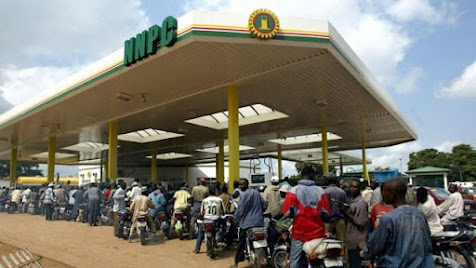By Jude Ndukwe
Prof Charles Chukwuma Soludo, former governor of Central Bank of Nigeria and former governorship aspirant in Anambra State,
got the nation anxious again when he declared in a no-holds-barred manner that
former President Goodluck Jonathan ran the Central Bank of Nigeria in manners akin to that of Uganda’s
late dictator, Idi Amin. Soludo did not fall short of accusing the former
president of ordering the CBN to ‘print’ say, N3 trillion under the guise of
creating an intervention fund for national stability but which is eventually
doled out to prosecute an election campaign or just about anything the
president fancies. He further described the CBN as the presidency’s ATM under
Jonathan.
 |
| *Soludo |
Such an unsubstantiated grave allegation coming from a man like
Soludo is, indeed, worrisome. That a man of Soludo’s status would condescend so
low, throw caution to the wind, jump on the bandwagon, play to the gallery and
take advantage of the political situation in Nigeria to make spurious
allegations unscrupulously against the former president is a sign of the
decline and amnesia which has gripped our political class in the last eight
months.
Apart from the fact that such unguarded outburst is false, the timing is
instructive.
In the months prior to the appointment of Ministers by President
Buhari, Soludo was so desperate to be noticed that he suddenly became vocal in
condemning the immediate past administration and accused them of just anything
that tickled his fancy all in a bid to get Buhari’s attention. His nearly
endless tirade against Dr Ngozi Okonjo-Iweala, Nigeria’s immediate past Minister
of Finance and
Coordinating Minister of the Economy, is legendary. Despite all his efforts,
President Buhari overlooked him and settled for someone who by her deportment
is timid and easily malleable than a Soludo who is brash, rash, abrasive,
confrontational and does ITK (I Too Know).
After having missed that opportunity, and with the growing rumour that the job
of the current CBN Governor, Godwin Emefiele, is hanging in the balance
following the shambolic state of our economy and the continued slide in the
value of the naira, it is time for Soludo to remind Buhari that he is still
jobless and quite available for the CBN top job, and the only way to do this
since he does not have direct access to the president is to criticise the past
administration for just anything that would make him sound as being in the same
boat with the president and his men, and probably be considered for a job in
the current administration.
However, a look at Soludo’s leadership of the CBN between May 29,
2004 and May 29, 2009, when he held sway there leaves much to be desired.












